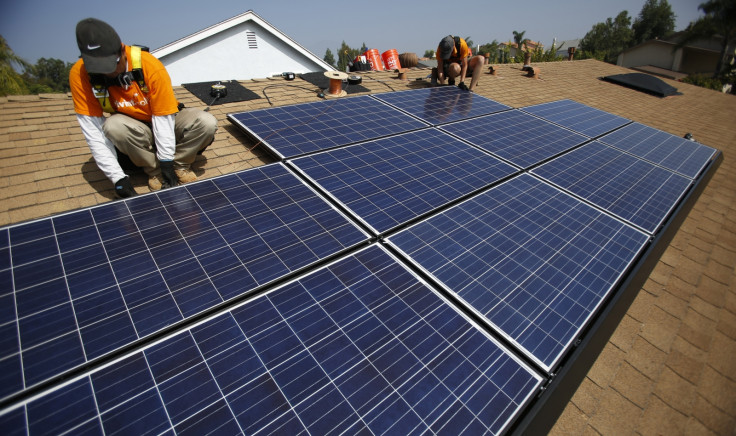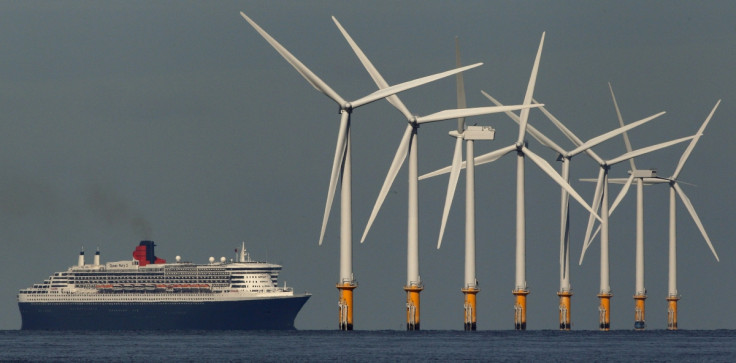Rise of solar power could force wind farms to temporarily shut down as UK has 'too much energy'
Increase in households and businesses switching to solar sees the National Grid swamped with surplus juice.

The rise of solar power usage and more efficient appliances in the UK could see the National Grid overwhelmed with extra energy this summer resulting in wind farms temporarily shutting down – a move that could ultimately cost UK bill payers.
With UK households and businesses producing their own off-grid power by installing solar setups such as rooftop panels the reliance for energy from the National Grid has fallen dramatically according to its annual summer outlook report.
While this sounds like good news it would have a knock-on effect that may see wind farms having to be turned off at certain times and nuclear plants asked to reduce output as there would be too much energy in the system than it can handle.
Too much power could damage some household electricals such as televisions and fridges and to solve this it comes at a cost.
"Some flexible wind generation will need to be curtailed this summer during periods of minimum demand to help us balance the system," said the National Grid.
"There is a possibility that we may have to issue emergency instructions to inflexible generators to reduce their output during some weeks, in order to balance supply and demand."
The companies operating the wind farms would have to be compensated to switch off its production and this cost could be reflected in customers' bills.

The National Grid's ''Demand Turn Up'' scheme also pays some businesses to use up surplus energy in the system during low-demand periods such as weekend afternoons and overnight. It's claimed it paid out £900,000 on the initiative in 2016, however said it saved almost £500,000 on more costly alternative solutions to balance out the network.
Any indication as to how much customers' bills could change was not disclosed and would ultimately depend on demand and how much it would need to balance the supply.
With solar technology becoming more efficient, cheaper (photovoltaic prices have fallen by as much as 80 per cent since 2008) and more viable for many households the National Grid predicts a rise in solar power generation from 9.3 gigawatts from February 2016 to 11.7 this year with the trend only set to rise.

Companies such as Tesla are committed to solar power and recently unveiled its solar tiles solution where an entire house roof is covered with subtly designed solar panels that don't look like ugly, retrofitted units.
© Copyright IBTimes 2025. All rights reserved.






















